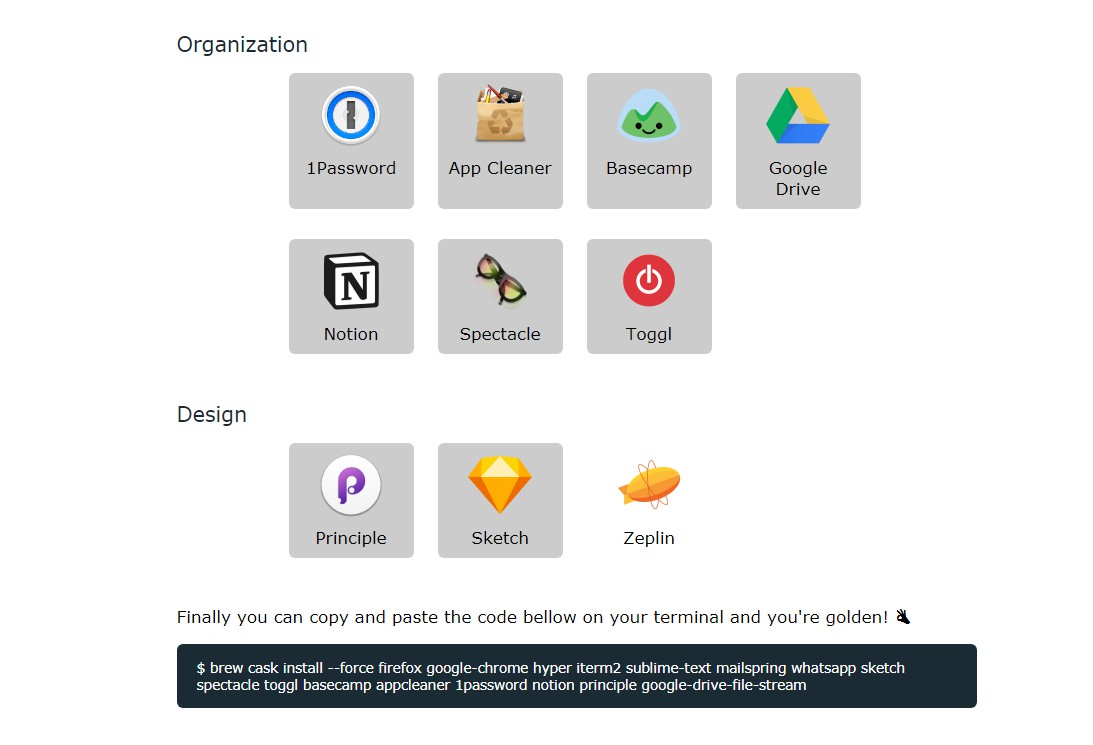
If we have made an error or published misleading information, we will correct or clarify the article. Our editors thoroughly review and fact-check every article to ensure that our content meets the highest standards. Our goal is to deliver the most accurate information and the most knowledgeable advice possible in order to help you make smarter buying decisions on tech gear and a wide array of products and services. ZDNET's editorial team writes on behalf of you, our reader. Indeed, we follow strict guidelines that ensure our editorial content is never influenced by advertisers.

Neither ZDNET nor the author are compensated for these independent reviews. This helps support our work, but does not affect what we cover or how, and it does not affect the price you pay. When you click through from our site to a retailer and buy a product or service, we may earn affiliate commissions.

And we pore over customer reviews to find out what matters to real people who already own and use the products and services we’re assessing. We gather data from the best available sources, including vendor and retailer listings as well as other relevant and independent reviews sites.
#Homebrew cask list of apps install
=> Purging files for version 1.44.0 of Cask ~ %Īs this is a terminal only thing, you could also create a shell script to install Homebrew and install all your favorite non-app store apps and packages automatically for when you need to reinstall your computer.Ī start for this could be: # installing homebrewĪ full list of all available applications and packages to install with Homebrew can be found on their website here.ZDNET's recommendations are based on many hours of testing, research, and comparison shopping. => Unlinking Binary '/usr/local/bin/atom'. => Unlinking Binary '/usr/local/bin/apm'. => Removing App '/Applications/Atom.app'. => Backing App 'Atom.app' up to '/usr/local/Caskroom/atom/1.44.0/Atom.app'. You can also uninstall an application installed with Homebrew, like Atom, again with brew cask uninstall atom to fully remove it from your system.
#Homebrew cask list of apps update
For others you can run brew cask upgrade to update all apps installed with Homebrew to the latest version. Some apps have auto upgrades built in the app. => Linking Binary 'atom.sh' to '/usr/local/bin/atom'. => Linking Binary 'apm' to '/usr/local/bin/apm'. => Moving App 'Atom.app' to '/Applications/Atom.app'. => Verifying SHA-256 checksum for Cask 'atom'. Simple as that! It will give you something that looks like this: ~ % brew cask install atom And then the app is installed in the Application folder. You can install, for instance, the text editor “Atom” with a simple brew cask install atom in a terminal. And if you have Homebrew installed you are already fully set up. This is as simple as installing a package. But did you also know it can install applications to the applications folder as well? You can do this with brew cask. If you know Homebrew you probably know all this already. When uninstalling a package with brew uninstall your system is back in original state. You can also install multiple versions, like the two NodeJS examples just mentioned and switch between them with brew unlink node and brew link packages will be installed inside the folder usr/local/Cellar and symlinked to the Library to not mess with your default system settings. When, for instance, you need to have NodeJS installed, you can use Homebrew to install it with a simple brew install node inside a terminal to install the latest version or brew install to install it at the latest version 10. More information on this can be found on their website. You can do this with a /usr/bin/ruby -e "$(curl -fsSL )” inside a terminal.


The only thing you need to do is to have Homebrew installed. But did you also know you can install applications with it? This article will give a short introduction to using this tool. Homebrew is a handy package manager you can use to install various packages that are not standard for MacOS. You may know the Homebrew “The Missing Package Manager for MacOS (or Linux)”, like it calls itself. Development Installing packages and applications with Homebrew


 0 kommentar(er)
0 kommentar(er)
